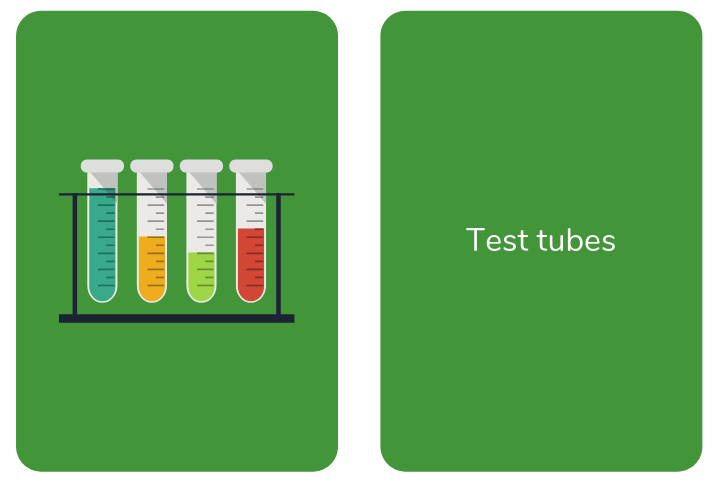29 AUGUST 2019
Unlocking science for English language learners, part three

In a recent survey with our teacher panel, 63% of teachers we spoke to felt language was a barrier to their ESL students’ science learning. In a series of short, practical articles, ESL expert, Sally Burbeary shares some ideas and activities to help you break down this barrier.
In previous articles we’ve looked at CLIL, integrating all four English skills and a simple activity to help with pronunciation. In this article, Sally shares her top tips to help your learners improve their scientific vocabulary.
1. Learning words in context
Memorising vocabulary lists isn’t that helpful. What is important is that learners really know what key words mean and how to use them in science. Learning words in context is a much more useful way to do this. In a previous article, we looked at the creating a personal dictionary and then writing words in sentences, this is one strategy. Using the human organ example again, you could give learners a short text to read (from a coursebook or other source) and ask them to highlight the key words. Again, this means that learners can see the key words in context.
2. Presenting words visually
Linking words to pictures or visuals helps learners to remember and understand. There are a number of ways to do this. You can create, or better still get your learners to make, flashcards with words and pictures separately. You can hold the picture up and ask, “what is this?” or get your learners to match the word cards to the picture cards. You can then build up to using the picture cards as prompts for learners to write the word in sentences, like the example below:

3. Using the classroom
The space around you is a great way to reinforce key vocabulary, here are some suggestions to try:
- Label all equipment in your classroom
- Display science posters (in English)
- Encourage learners to use graphic organisers like the one below
Graphic organisers are visual and help learners to group things together:

In this article, we’ve shared some simple activities and resources that you can use to help your learners develop their scientific vocabulary. In our final article, we’ll build on this with fun word games you can play.
 |
About the author Sally has worked in education for over 20 years both in the UK and internationally. As a consultant, she uses her knowledge to help other teachers and trainers. She is an author of our Cambridge Checkpoint Science English Language Skills Workbook, which helps students understand scientific terms and express themselves effectively in English. |
Thank you for your feedback which will help us improve our service.
If you requested a response, we will make sure to get back to you shortly.
×